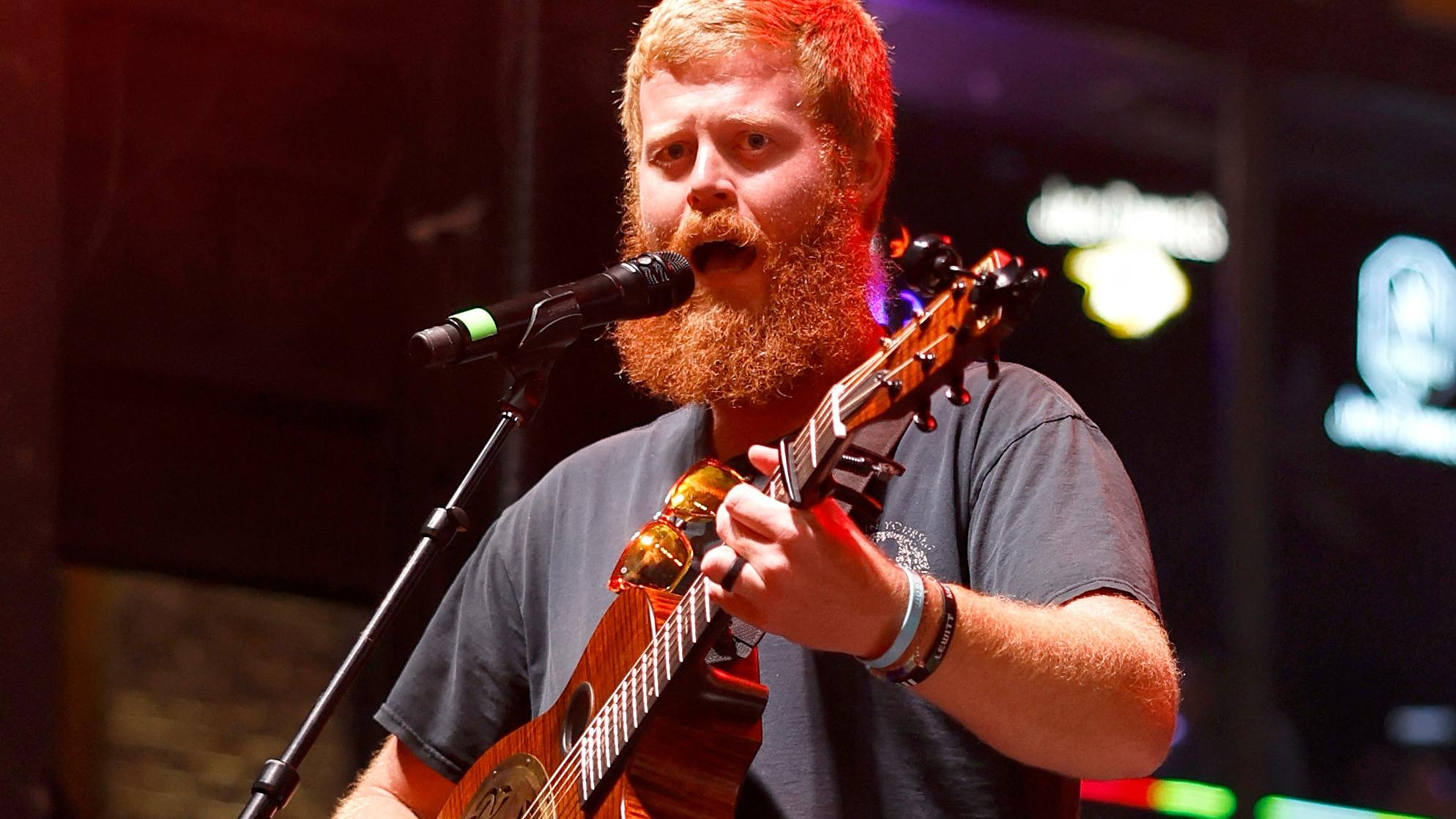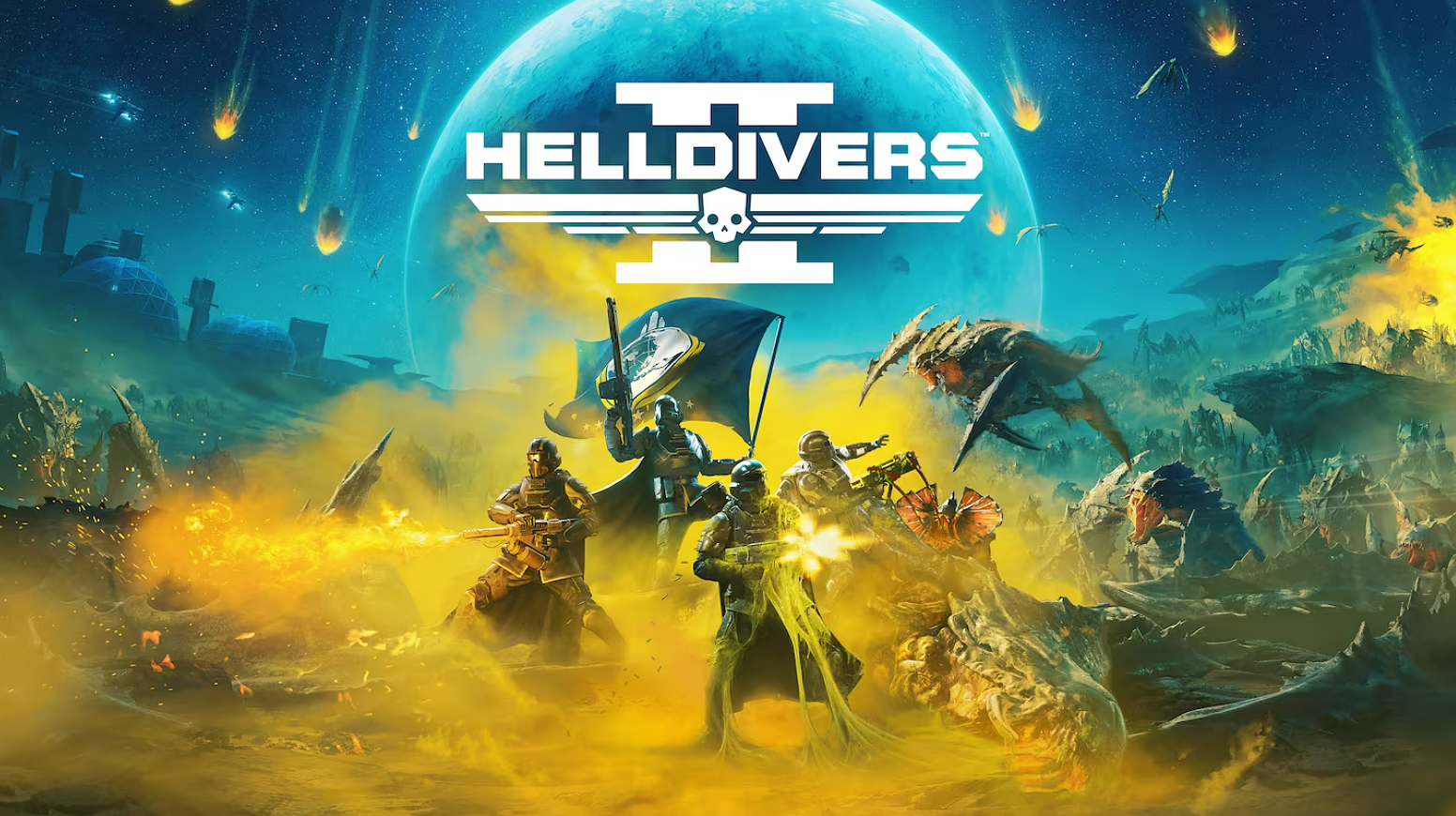Professor emeritus at the Paul-Valéry University of Montpellier, Claude Chastagner is a specialist in Anglo-American popular music. In 2022, he published From barrios to bayous - Popular music and identity in the United States with Presses universitaire de Bordeaux.
LE FIGARO.- American country singer Oliver Anthony writes content with a high political content, even if he denies any partisan commitment. Is his success unprecedented in American musical history?
Claude CHASTAGNER.- In this style of music, his success is indeed unprecedented. The singer Dolly Parton had a dazzling success but here, the speed with which Oliver Anthony broke through is impressive, as the American press has already highlighted. Above all, his success does not concern a single song, namely Rich Men North of Richmond, but around fifteen, which entered the top 50 downloaded music last summer, which had never happened to a singer during his lifetime .
Is the highly political dimension of country music new?
It must be remembered that originally, music in the United States was never organized on a racial basis. Regardless of the region, even Louisiana or Appalachia, where slavery lasted longer, there were always cultural exchanges between slaves and their masters. This proximity between white and black cultures, despite the violence, continued after abolition. African-American musicians sang British and Irish repertoires while white musicians played blues.
It was from the appearance of recording technology in the 1920s that, for commercial reasons, specifically black music, race music, and white music, country and hillbilly, were produced. It was in these years that a dichotomy appeared between country and soul, blues etc.
Country music was subsequently used to reinforce racial and political differences, although today the political dimension remains complex. There are some of the most conservative, nationalist and even racist white musicians who borrow from rap and vice versa. There is also a phenomenon of recovery of country by a white, very masculine sociology which is found in traditional white music which exalts the roots. But conversely, there have been left-wing singers in the past, like Bob Dylan.
Oliver Anthony rightly regrets a bygone authenticity in his words. What is the divide that emerges behind the success of his songs?
His political positions are quite vague. But what is clear is this very American opposition between the modern and the ancient, between authentic tradition and the misguided modern world, made of vulgarities. There is also the other opposition between “us” and “them”. “Us” the poor, white, hard-working people, and “them” the rich and the politicians in Washington. A societal opposition that ignores the more usual criticisms against capitalism. We also find conspiratorial references, for example with the innuendo of a pedophilia network run by the powerful, which echoes the accusations made by the Qanon sect against Hillary Clinton during the 2016 presidential campaign.
In this, Oliver Anthony differentiates himself from other singers who could also be described as populist, such as Bruce Springsteen, who denounced the development of predatory capitalism and the responsibility of large pharmaceutical companies in the opioid epidemic. There is something more visceral and less elaborate about Oliver Anthony, which speaks more to the people he is speaking to. That is to say Donald Trump's audience: people who think they don't have a voice and to whom the singer lends one.
We can still see implicitly a certain libertarianism, this movement of thought which refuses the control of the State and advocates total freedom for the individual. The singer also criticized the Welfare State, taking up the arguments of President Reagan who wanted to eliminate all social assistance in the 1980s. The real value, for him, is that of work.
The very refined style chosen by the singer to express this vision of the world is not insignificant...
It is true that this musical simplicity, with just a guitar and a voice, has something authentic, more real, simple, unlike other kinds of country which can sometimes be very rock, very electric.
Oliver Anthony speaks very intimately about his depression. It is more generally a fairly recent phenomenon. There is a trend in American music towards more frankness which does not only concern country. One of rapper Kendrick Lamar's biggest hits is a song about his mental problems. And for some current singers, and according to the slogan of the 1960s, the personal, the intimate, is political.
Can we compare the music of Oliver Anthony with other genres of traditional music such as Portuguese fado which carries in its texts and melodies the suffering of the human condition?
Yes, and we could also mention Greek rebetiko or even the blues. These genres, with folk, share a simplicity that has allowed people who have no education to express something intimate, with sadness, pain, exile and on the other hand expression of hope in a form of joy and liberation. As if music was a form of therapy.

 Israel-Hamas war: Gaza between hope of truce and fear of Israeli offensive in the South
Israel-Hamas war: Gaza between hope of truce and fear of Israeli offensive in the South “Mom, Dad, please don’t die”: in the United States, a nine-year-old child saves the lives of his parents injured in a tornado
“Mom, Dad, please don’t die”: in the United States, a nine-year-old child saves the lives of his parents injured in a tornado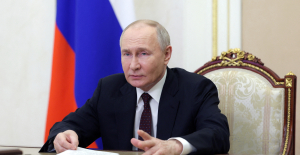 War in Ukraine: Putin orders nuclear exercises in response to Macron and “Western leaders”
War in Ukraine: Putin orders nuclear exercises in response to Macron and “Western leaders” Mexico: the last moments of surfers found in a well, killed with a bullet to the head
Mexico: the last moments of surfers found in a well, killed with a bullet to the head A baby whose mother smoked during pregnancy will age more quickly
A baby whose mother smoked during pregnancy will age more quickly The euro zone economy grows in April at its best pace in almost a year but inflationary pressure increases
The euro zone economy grows in April at its best pace in almost a year but inflationary pressure increases Children born thanks to PMA do not have more cancers than others
Children born thanks to PMA do not have more cancers than others Breast cancer: less than one in two French women follow screening recommendations
Breast cancer: less than one in two French women follow screening recommendations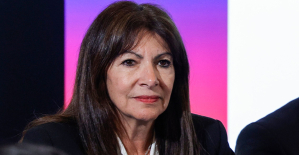 “A potential environmental disaster”: Paris town hall opposes an oil drilling project in Seine-et-Marne
“A potential environmental disaster”: Paris town hall opposes an oil drilling project in Seine-et-Marne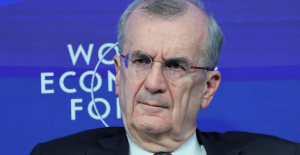 The governor of the Banque de France pleads for the development of French and European AI
The governor of the Banque de France pleads for the development of French and European AI Clariane (ex-Korian) announces a sale of its home hospitalization activities
Clariane (ex-Korian) announces a sale of its home hospitalization activities To everyone's surprise, the Hades 2 event video game is released in early access
To everyone's surprise, the Hades 2 event video game is released in early access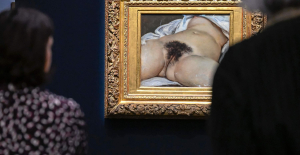 The Origin of the World, exhibited at the Center Pompidou Metz, target of an “artistic performance”
The Origin of the World, exhibited at the Center Pompidou Metz, target of an “artistic performance”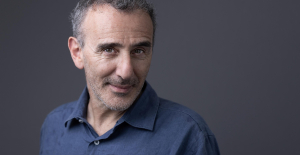 Threatened with death for having insulted the mobilized pro-Palestinian students, Élie Semoun files a complaint
Threatened with death for having insulted the mobilized pro-Palestinian students, Élie Semoun files a complaint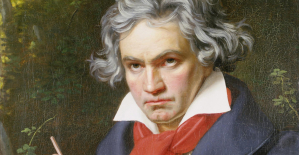 Vienna, Paris, Milan celebrate the 200th anniversary of Beethoven's 9th Symphony
Vienna, Paris, Milan celebrate the 200th anniversary of Beethoven's 9th Symphony Cannes Film Festival: call for strike one week before opening
Cannes Film Festival: call for strike one week before opening Omoda 7, another Chinese car that could be manufactured in Spain
Omoda 7, another Chinese car that could be manufactured in Spain BYD chooses CA Auto Bank as financial partner in Spain
BYD chooses CA Auto Bank as financial partner in Spain Tesla and Baidu sign key agreement to boost development of autonomous driving
Tesla and Baidu sign key agreement to boost development of autonomous driving Skoda Kodiaq 2024: a 'beast' plug-in hybrid SUV
Skoda Kodiaq 2024: a 'beast' plug-in hybrid SUV The home mortgage firm rises 3.8% in February and the average interest moderates to 3.33%
The home mortgage firm rises 3.8% in February and the average interest moderates to 3.33% This is how housing prices have changed in Spain in the last decade
This is how housing prices have changed in Spain in the last decade The home mortgage firm drops 10% in January and interest soars to 3.46%
The home mortgage firm drops 10% in January and interest soars to 3.46% The jewel of the Rocío de Nagüeles urbanization: a dream villa in Marbella
The jewel of the Rocío de Nagüeles urbanization: a dream villa in Marbella Europeans: David Lisnard expresses his “essential and vital” support for François-Xavier Bellamy
Europeans: David Lisnard expresses his “essential and vital” support for François-Xavier Bellamy Facing Jordan Bardella, the popularity match turns to Gabriel Attal’s advantage
Facing Jordan Bardella, the popularity match turns to Gabriel Attal’s advantage Europeans: a senior official on the National Rally list
Europeans: a senior official on the National Rally list Blockade of Sciences Po: the right denounces a “drift”, the government charges the rebels
Blockade of Sciences Po: the right denounces a “drift”, the government charges the rebels These French cities that will boycott the World Cup in Qatar
These French cities that will boycott the World Cup in Qatar Foot: Italian football protests against a government project which aims to monitor club finances
Foot: Italian football protests against a government project which aims to monitor club finances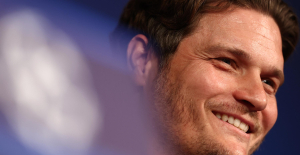 Champions League: “We are ready for anything,” warns Edin Terzic before PSG-Dortmund
Champions League: “We are ready for anything,” warns Edin Terzic before PSG-Dortmund Premier League: David Moyes to leave West Ham at end of season
Premier League: David Moyes to leave West Ham at end of season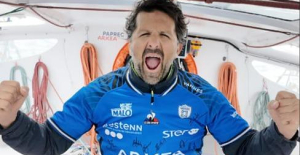 Transat CIC: Yoann Richomme winner in the wake of Tabarly, Poupon, Peyron, Desjoyeaux...
Transat CIC: Yoann Richomme winner in the wake of Tabarly, Poupon, Peyron, Desjoyeaux...